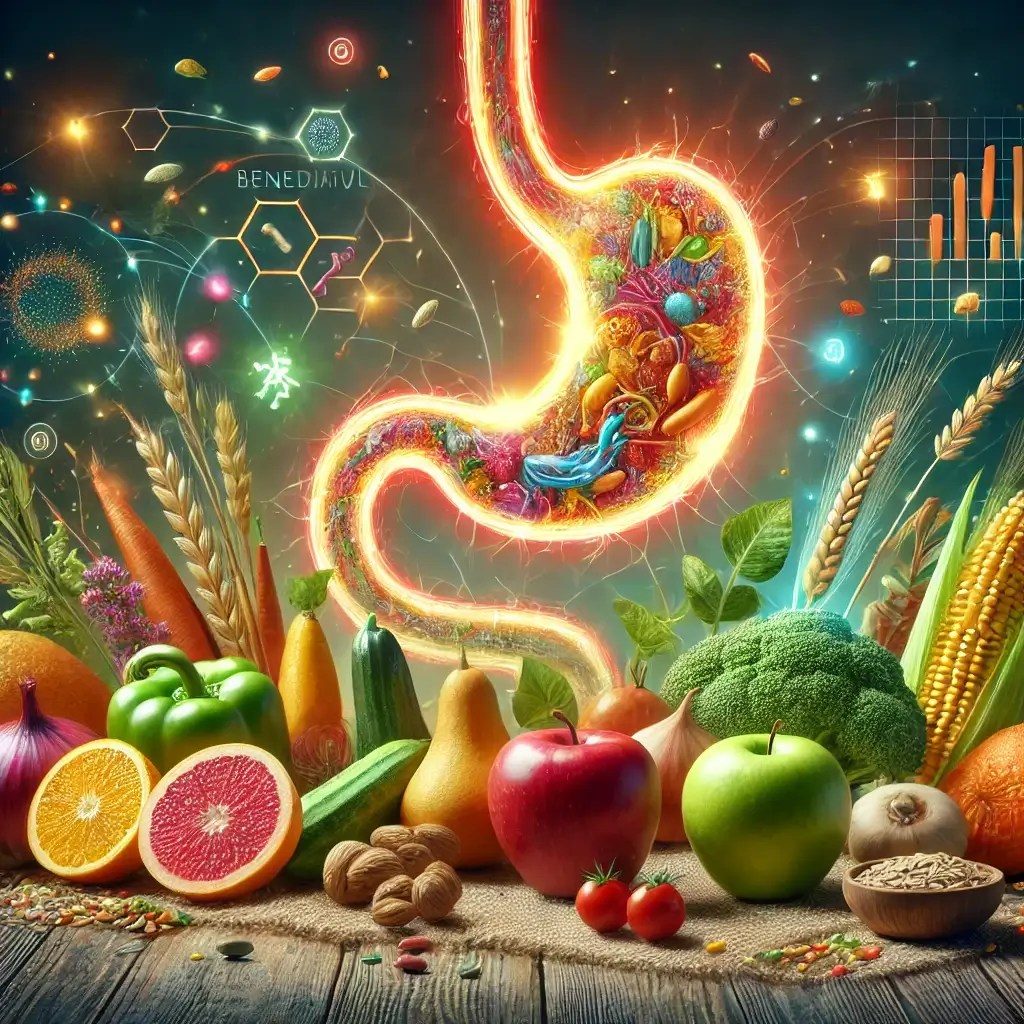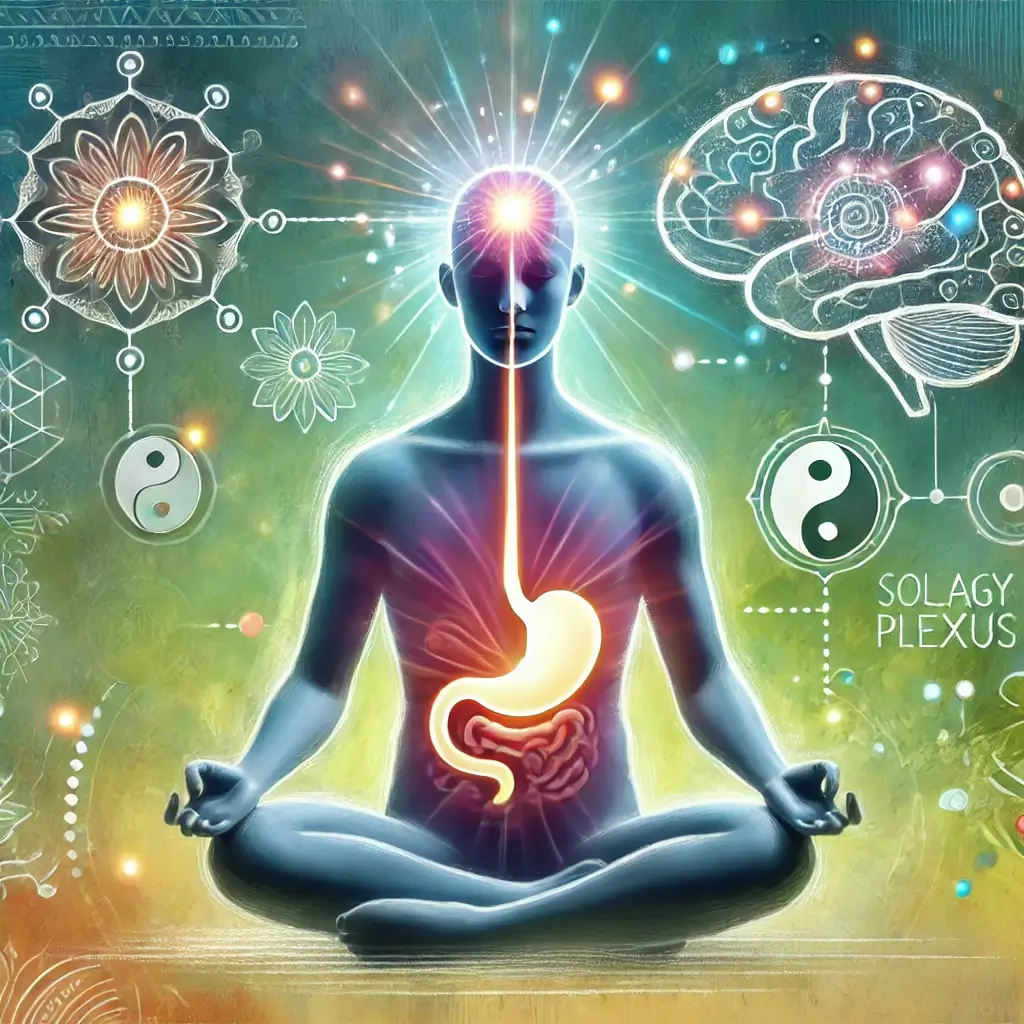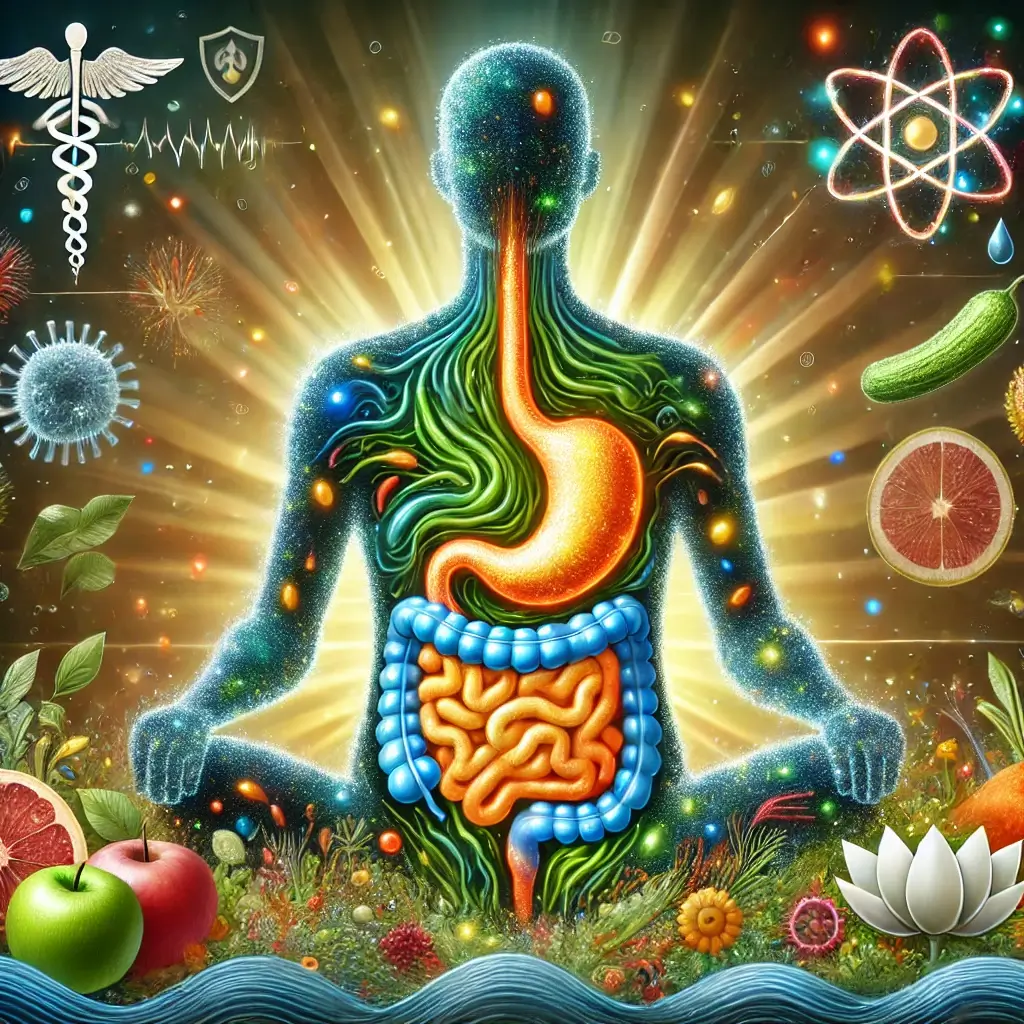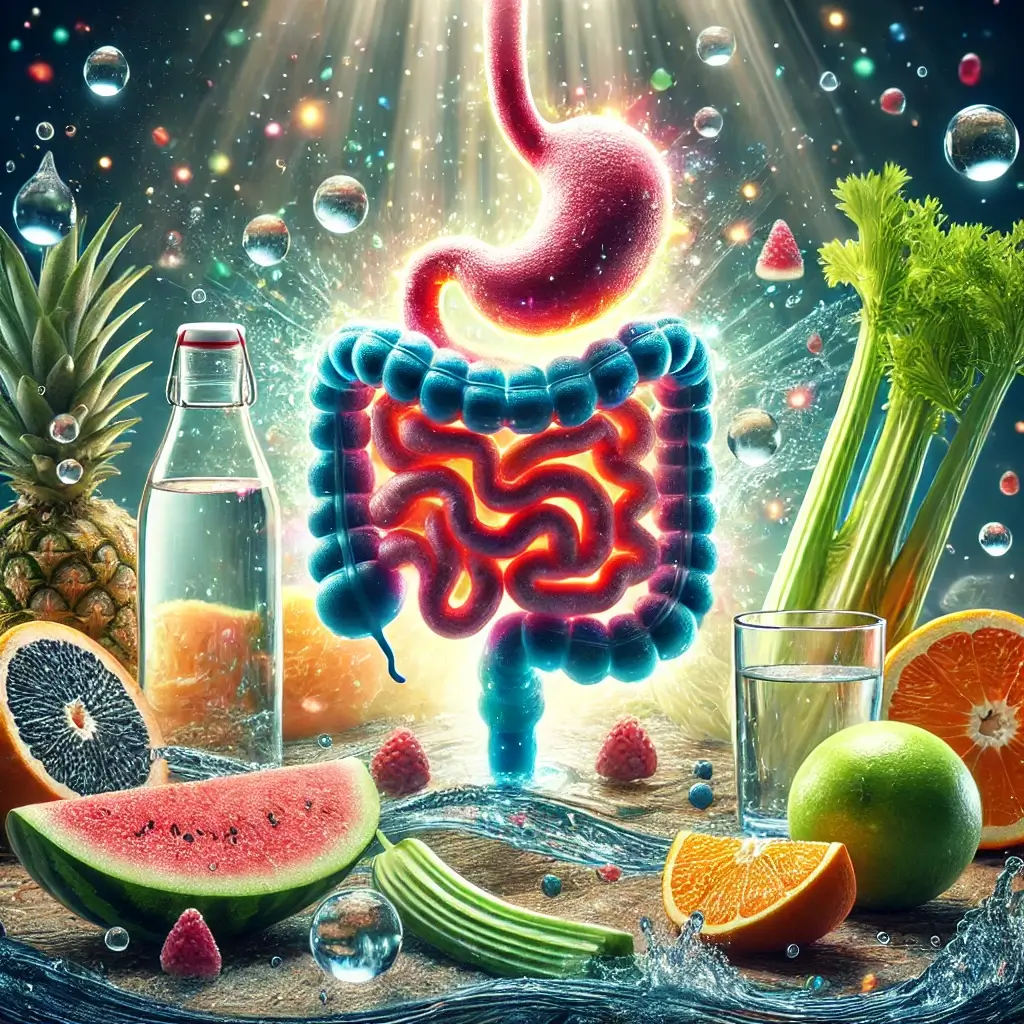Breakthrough Strategies: How to Optimize Your Digestion on a Plant-Based Diet [Expert Guide]
The Health Benefits and Digestive Adaptation to Plant-Based Diets
Adopting a vegan or vegetarian diet can lead to a wealth of health benefits, including improved cardiovascular health, reduced risks of chronic diseases, and a lower environmental footprint. However, the transition often introduces dietary changes that require the digestive system to adapt. While initial discomfort such as bloating, gas, or irregular bowel movements is common, these challenges are typically temporary and manageable with the right approach.
Understanding Digestive Success in Plant-Based Living
For those seeking long-term success on a plant-based diet, understanding the nuances of digestion is critical. A balanced approach involves identifying and addressing sensitivities, gradually adjusting to increased fiber intake, and fostering a gut microbiome that thrives on plant-based nutrients. Advanced strategies, such as using specific supplements, incorporating functional foods, and maintaining dietary diversity, can further optimize digestive health.
Exploring Sustainable Digestive Solutions
This article explores long-term strategies to manage and prevent digestive issues on a plant-based diet. By delving into cutting-edge research and practical solutions, it aims to empower readers to sustain their plant-based lifestyle with ease and confidence.
Advanced Strategies for Managing Digestive Health
Optimizing Microbial Health Through Fiber Diversity
The human gut microbiome thrives on dietary diversity, particularly from various plant-based fibers. However, a study in Cell Host & Microbe (2020) emphasizes the importance of balancing soluble and insoluble fiber to maintain microbial diversity and reduce gastrointestinal discomfort (Brown et al., 2020).
Strategies for Fiber Integration
- Incorporate a variety of plant foods: Aim to consume 30+ plant-based food items weekly, including whole grains, nuts, seeds, fruits, and vegetables.
- Mix different types of fiber: Combine soluble fibers (e.g., oats, apples) with insoluble fibers (e.g., whole wheat, leafy greens) to balance digestion.
- Track Fiber Tolerance: Use apps or journals to monitor which fiber-rich foods suit your gut best.
Functional Foods for Enhanced Digestion
Functional foods like fermented items, fortified plant milks, and resistant starches have been shown to enhance gut health and digestion. A review in Nutrients (2021) highlights the role of resistant starch in improving colonic fermentation and reducing bloating (Garcia et al., 2021).
Implementation Strategies for Digestive Support
- Include fermented foods in daily diet: Items like kimchi, sauerkraut, tempeh, and vegan yogurt to promote beneficial gut bacteria.
- Incorporate resistant starch sources: Consume cooled potatoes, green bananas, and lentils to improve colonic health.
- Use fortified foods: Plant-based milks and cereals fortified with probiotics or digestive enzymes.
Managing FODMAP Sensitivities
High-FODMAP foods are common in plant-based diets and can trigger bloating or discomfort in sensitive individuals. Research in The Lancet Gastroenterology & Hepatology (2022) suggests that a modified low-FODMAP approach can alleviate symptoms without compromising nutrient intake (Taylor et al., 2022).
FODMAP Management Strategies
- Personalized low-FODMAP diet planning: Work with a dietitian to modify your plant-based diet, eliminating and reintroducing foods based on tolerance.
- FODMAP Substitutes: Use low-FODMAP alternatives like zucchini for onions or quinoa for wheat.
- Cooking Techniques: Boil high-FODMAP foods to reduce their fermentable carbohydrate content.
Optimizing Nutrient Absorption
Absorbing nutrients like iron, calcium, and zinc can be a challenge on plant-based diets due to antinutrients like phytates and oxalates. A study in The American Journal of Clinical Nutrition (2021) found that food pairing can significantly enhance nutrient bioavailability (Wang et al., 2021).
Nutrient Optimization Strategies
- Strategic vitamin C pairing with iron-rich foods: Pair iron-rich foods with vitamin C sources to boost absorption.
- Fermentation and soaking techniques: Ferment or soak grains and legumes to reduce antinutrients.
- Diverse Meal Planning: Include a variety of nutrient-dense foods to ensure adequate intake.
Supplementation for Optimal Plant-Based Nutrition
Certain supplements can fill gaps in digestion and nutrient absorption. Enzyme supplements, probiotics, and prebiotics can optimize gut function while aiding the digestion of plant-based proteins and carbohydrates.
Research-Based Supplementation Strategies
- Strategic probiotic supplementation: Choose strains like Lactobacillus rhamnosus or Bifidobacterium longum for digestive support.
- Targeted enzyme supplementation: Use enzymes like alpha-galactosidase for legumes or amylase for high-starch foods.
- Prebiotic Integration: Add inulin or chicory root powder to smoothies or meals.
Sustaining Long-Term Plant-Based Success
Sustaining a plant-based diet long-term requires not only commitment but also an informed approach to digestive health. By embracing dietary diversity, functional foods, and targeted supplementation, you can overcome digestive hurdles and foster a thriving gut microbiome. The result is not just improved digestion but also enhanced overall well-being and energy levels.
Professional Guidance for Optimal Results
For persistent issues, consulting a healthcare professional can provide personalized guidance and condition assessment. With the right strategies, you can enjoy the numerous benefits of a vegan or vegetarian lifestyle while maintaining optimal digestive health.
Scientific References and Further Reading
- Brown, K. et al. (2020). “Fiber Diversity and Gut Microbial Resilience.” Cell Host & Microbe. Link
- Garcia, A. et al. (2021). “Resistant Starch and Colonic Fermentation.” Nutrients. Link
- Taylor, R. et al. (2022). “Low-FODMAP Diets in Plant-Based Nutrition.” The Lancet Gastroenterology & Hepatology. Link
- Wang, H. et al. (2021). “Enhancing Nutrient Bioavailability in Plant-Based Diets.” The American Journal of Clinical Nutrition. Link
- Lee, Y. et al. (2020). “Efficacy of Probiotics and Prebiotics in Digestive Health.” Clinical Nutrition. Link













